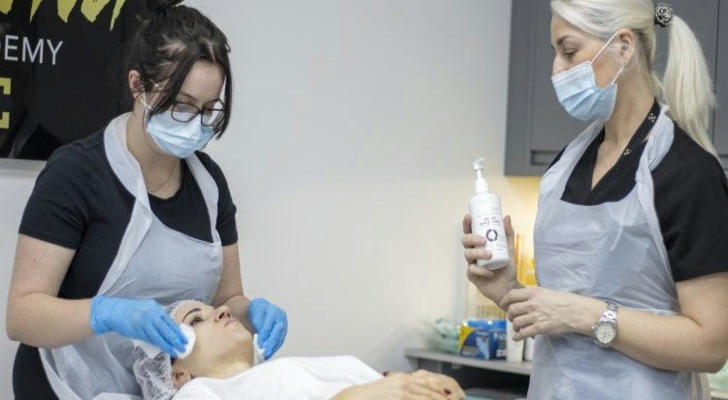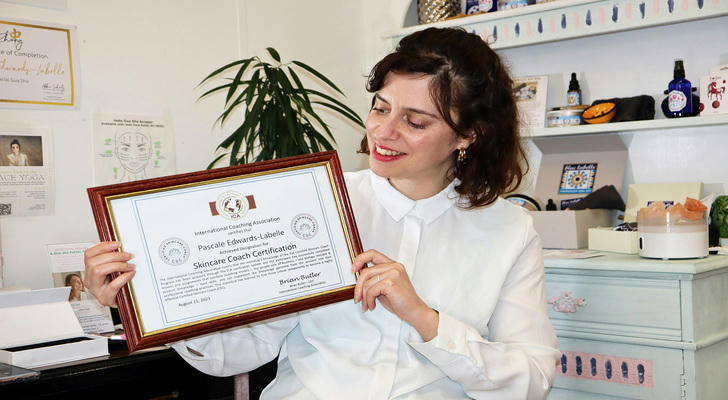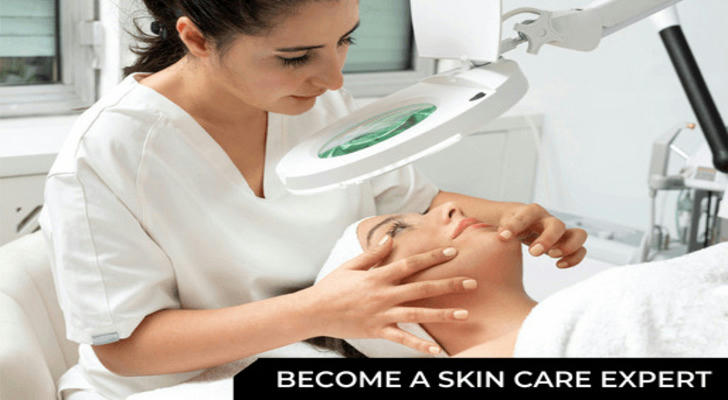Mastering the Art of Skin Health: A Guide to Skin Care Certification
Skin care is a rapidly growing sector within the beauty and wellness industry, driven by consumer demand for professional treatments, personalized care, and scientifically backed products. To meet this need, many professionals pursue skin care certification—a credential that not only validates one’s expertise but also opens doors to a variety of career opportunities. Whether you're entering the field for the first time or seeking to upgrade your skills, earning a skin care certification can be a transformative step in your professional journey.

Understanding Skin Care Certification
Skin care certification programs are designed to equip individuals with the theoretical knowledge and hands-on skills needed to perform skin analysis, recommend treatment plans, and administer non-invasive procedures safely and effectively. These certifications are typically offered by vocational schools, cosmetology institutes, aesthetic academies, and online platforms accredited by national or regional boards.
There are different types of certifications depending on the specialization and region. In the United States, for example, esthetician licenses are issued by state cosmetology boards, while in other countries, national qualification frameworks or professional associations may govern certification standards.
Key Topics Covered in Certification Programs
A high-quality skin care certification course should offer a well-rounded curriculum. Below are the core areas typically addressed:
1. Anatomy and Physiology of the Skin
Understanding the structure and function of the skin is foundational. Students learn about the epidermis, dermis, and subcutaneous layers, as well as how factors like age, hormones, and lifestyle impact skin health.
2. Skin Analysis and Consultation
Students are trained to assess skin types (oily, dry, combination, sensitive) and conditions (acne, hyperpigmentation, rosacea). This includes learning to use diagnostic tools such as magnifying lamps, Wood's lamps, and moisture meters.
3. Cleansing and Exfoliation Techniques
Proper cleansing and exfoliation are essential to any treatment. Courses cover mechanical, chemical, and enzymatic exfoliation, helping students determine which method is most appropriate based on individual client needs.
4. Facial Treatments
Instruction on various facial techniques, including classic facials, deep cleansing, anti-aging, and hydrating treatments, is a core part of the training. This includes learning about serums, masks, and massage techniques that support lymphatic drainage and relaxation.
5. Product Knowledge and Ingredients
Trainees learn how to read and interpret product labels, understand active ingredients like retinoids, alpha hydroxy acids (AHAs), and peptides, and recommend appropriate home-care routines.
6. Health, Safety, and Sanitation
Maintaining a hygienic work environment is non-negotiable. Programs emphasize infection control, proper tool sterilization, and adherence to local health regulations.
7. Client Communication and Ethics
Effective consultation, ethical client interaction, and professional demeanor are also emphasized. Students are taught how to manage expectations and build trust through transparency and empathy.

Certification Requirements and Pathways
Becoming certified in skin care often requires meeting a few key prerequisites:
Minimum Education: Most programs require a high school diploma or equivalent.
Age Requirement: Students are typically required to be at least 16 to 18 years old, depending on local laws.
Training Hours: In the U.S., for example, esthetician licenses may require between 300 to 1,200 hours of classroom and practical instruction, varying by state.
Licensing Exam: Many certification programs culminate in a written and practical examination. These exams assess both theoretical understanding and technical proficiency.
Some professionals may also pursue advanced or specialized certifications after obtaining their initial license, such as:
Medical Aesthetic Certification
Laser Technician Certification
Chemical Peel or Microdermabrasion Certification
Holistic Skin Care Specialist
These advanced courses are ideal for those wishing to work in medical spas or dermatology clinics under physician supervision.
Choosing the Right Skin Care Certification Program
Selecting a credible and comprehensive certification program is crucial. When evaluating your options, consider the following factors:
Accreditation: Ensure the school or program is recognized by a national board or cosmetology authority.
Curriculum Depth: Look for programs that offer hands-on practice and a broad selection of subjects, including current trends and technology in skin care.
Experienced Instructors: Learning from licensed professionals with industry experience adds value and context to your education.
Post-Graduation Support: Programs that offer career services, job placement assistance, or alumni networks can make the transition to professional practice much smoother.
Flexibility: For working adults or those with busy schedules, many institutions now offer hybrid or part-time options.
Career Opportunities with a Skin Care Certification
Once certified, professionals can work in a wide range of settings, including:
Day spas and salons
Medical and dermatology clinics
Resort and hotel spas
Cosmetic surgery offices
Skin care product companies as brand educators or trainers
Freelance or mobile skin care services
Certified practitioners may also choose to become entrepreneurs, opening their own studios or skin care boutiques. The certification not only enhances technical capability but also builds credibility with clients and employers alike.

Staying Current Through Continuing Education
The skin care industry is constantly evolving, with new ingredients, devices, and techniques emerging every year. To maintain certification and remain competitive, professionals must engage in continuing education. This could include:
Workshops and conferences
Online courses and webinars
Manufacturer training for new product lines or equipment
Advanced certifications in new treatment modalities
Many regions require licensed professionals to complete a set number of continuing education hours every renewal period (often one to two years).
Final Thoughts
Earning a skin care certification is a valuable investment for anyone looking to enter or grow in the beauty and wellness industry. With the right training, certified professionals not only provide expert-level service but also educate and empower their clients to care for their skin confidently. As the demand for personalized, results-driven skin care continues to rise, the need for qualified and passionate practitioners is greater than ever.
Whether your goal is to work in a luxury spa, partner with dermatologists, or build your own brand, skin care certification is the first step toward a fulfilling and impactful career.
